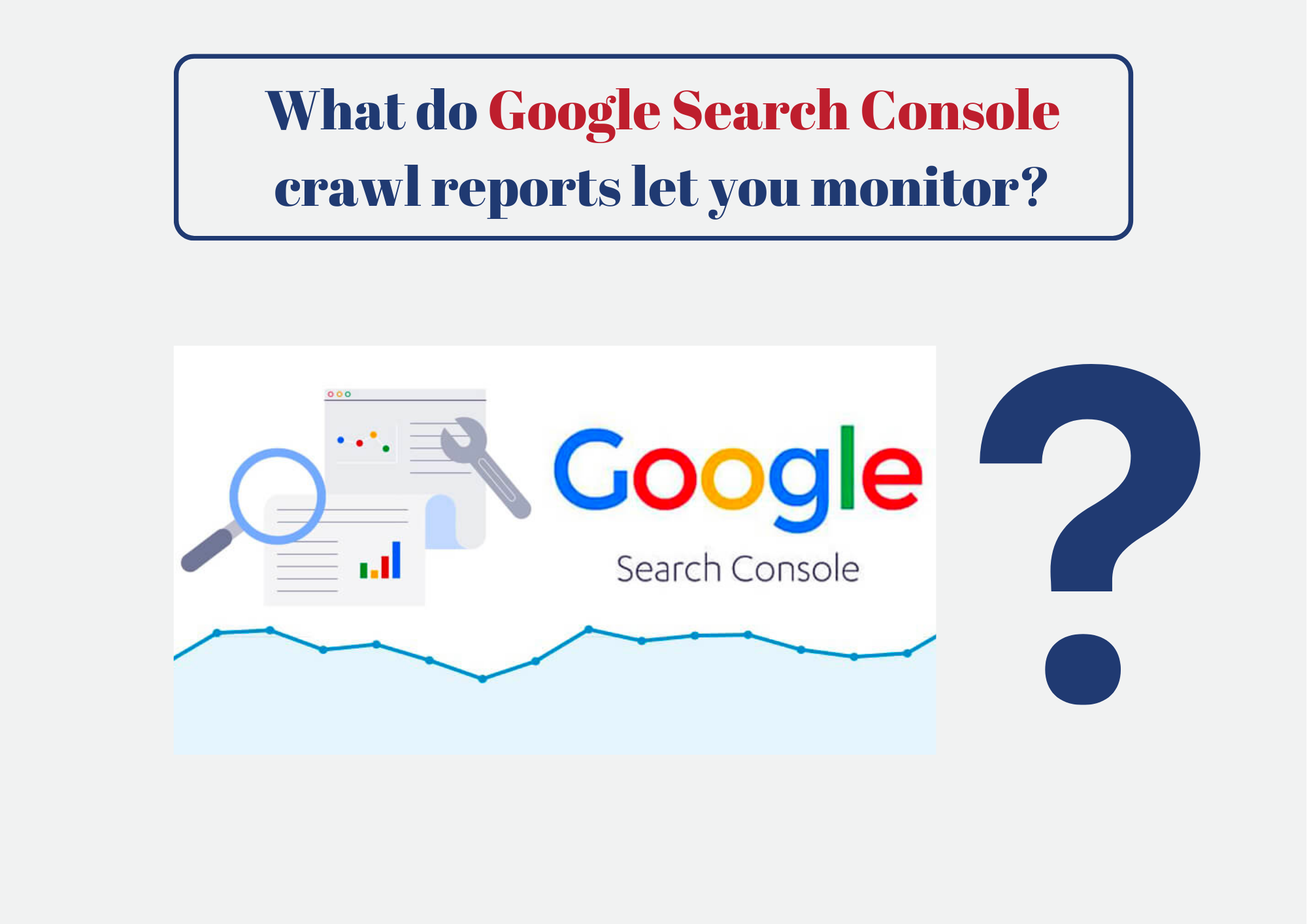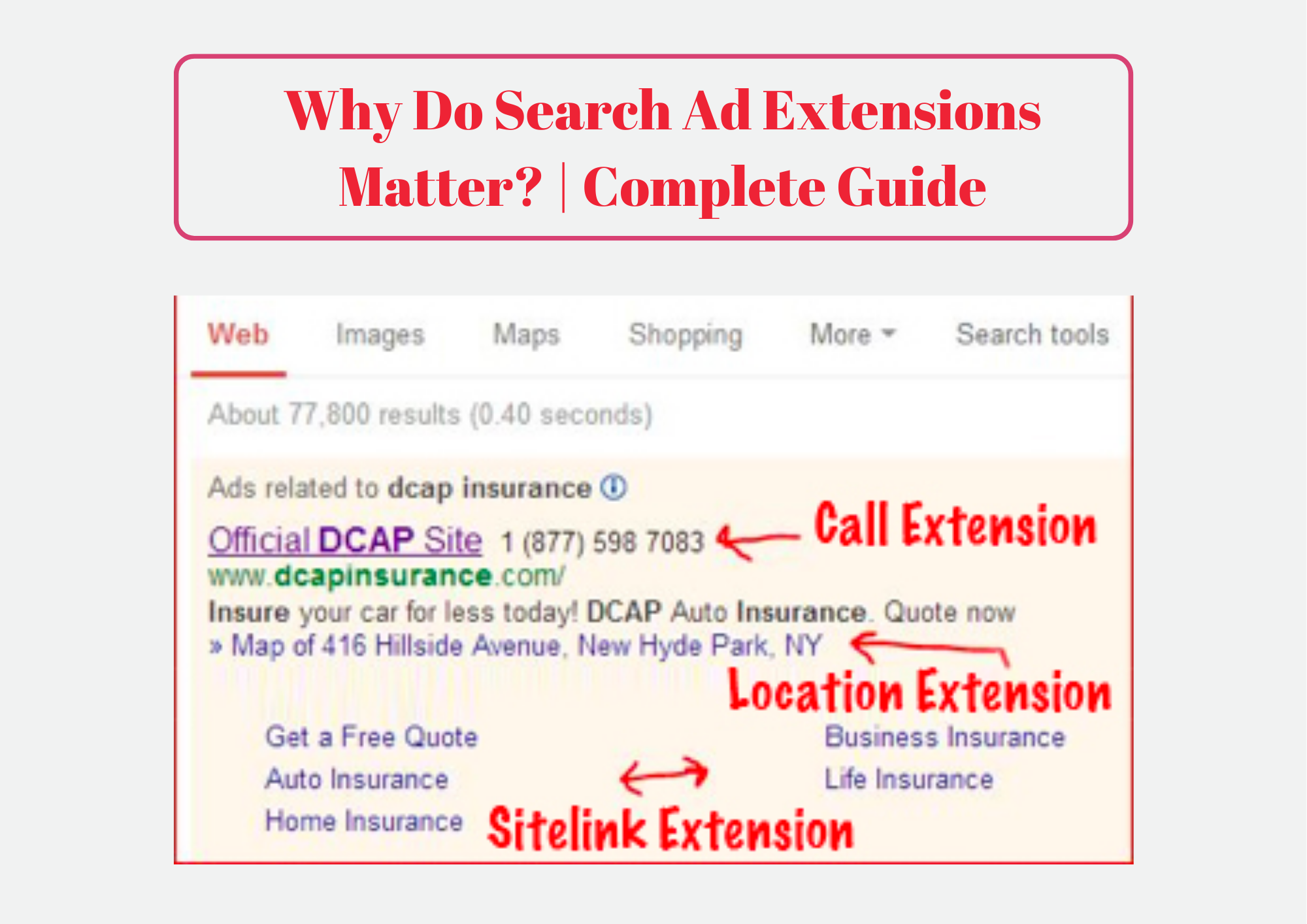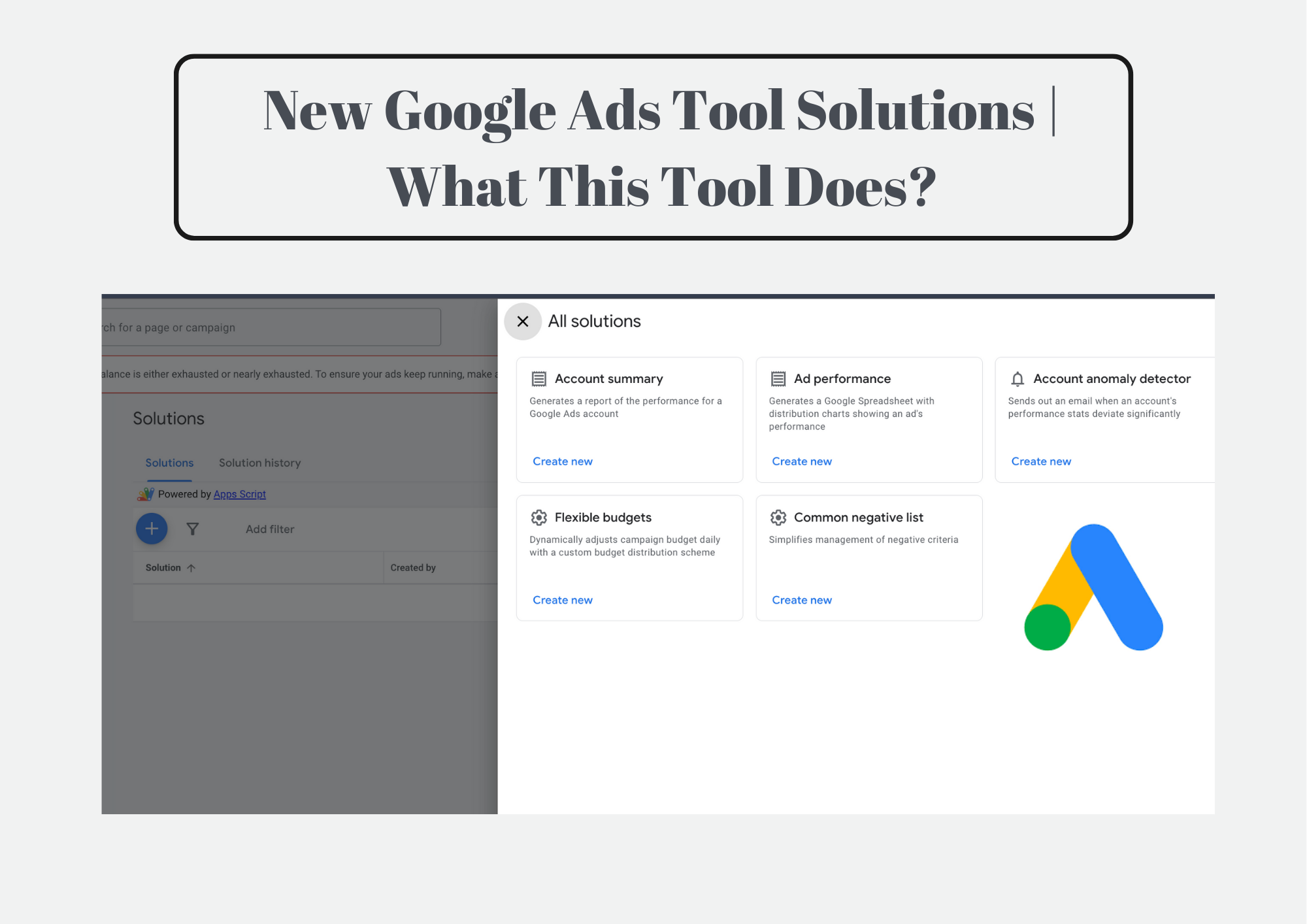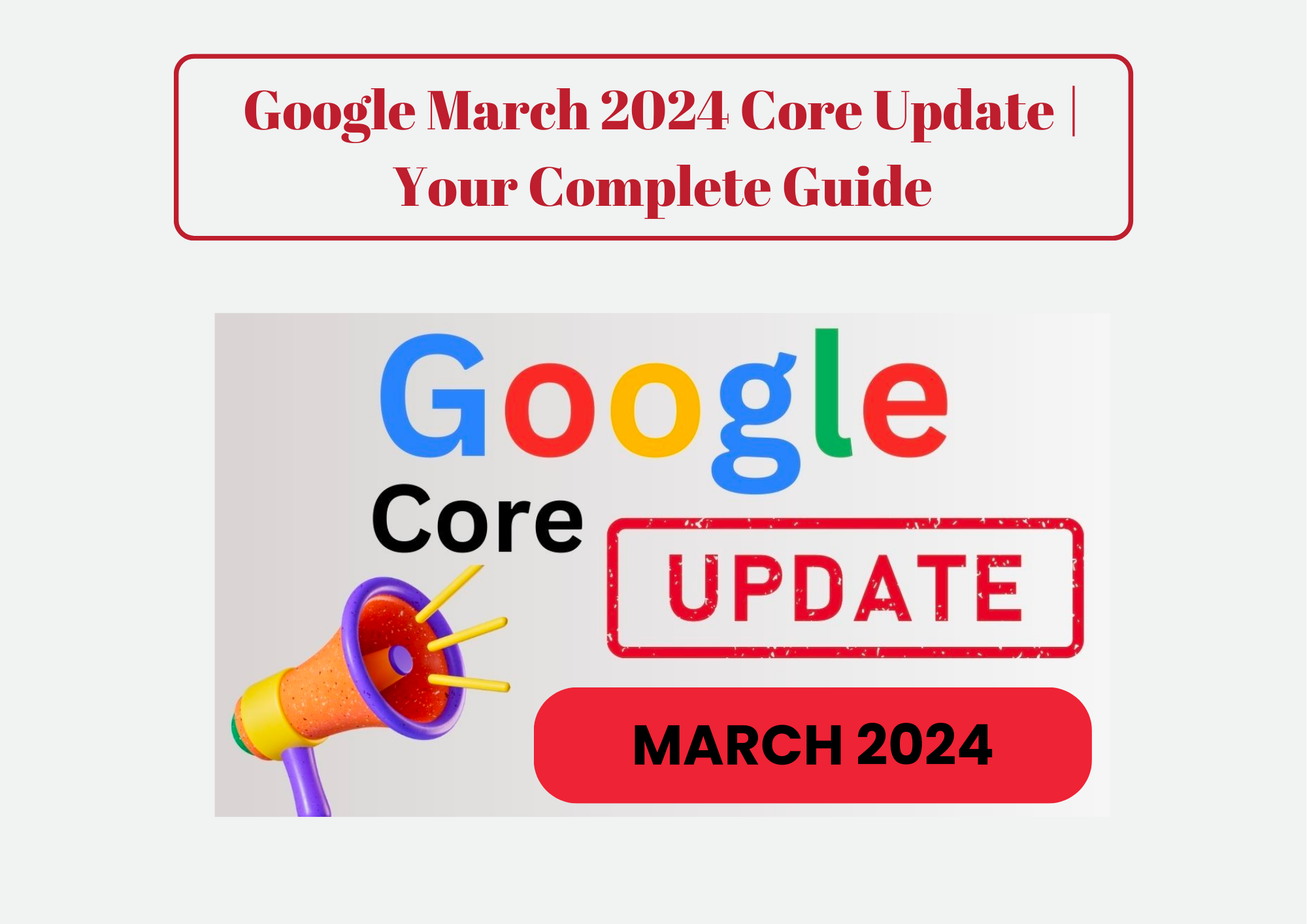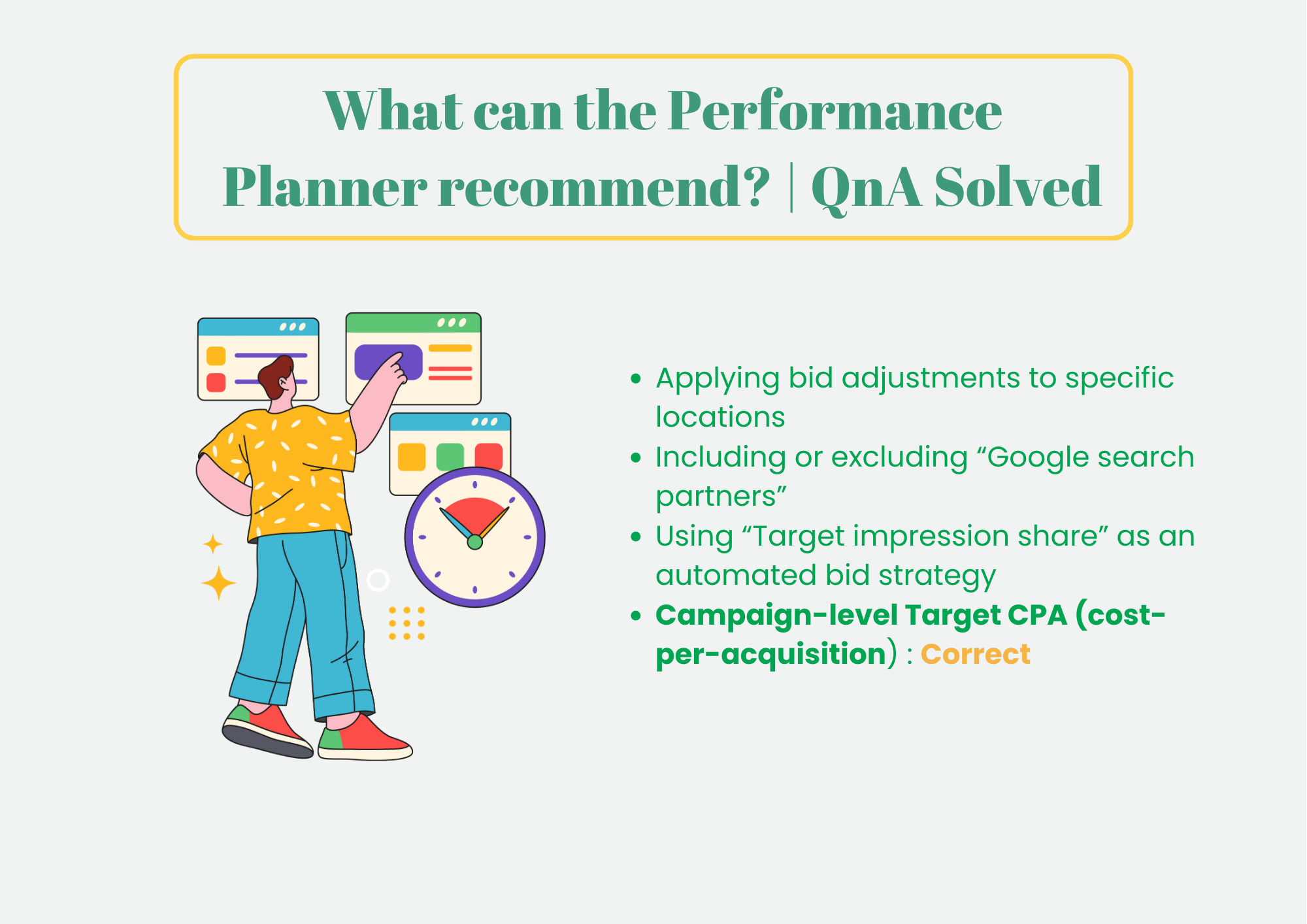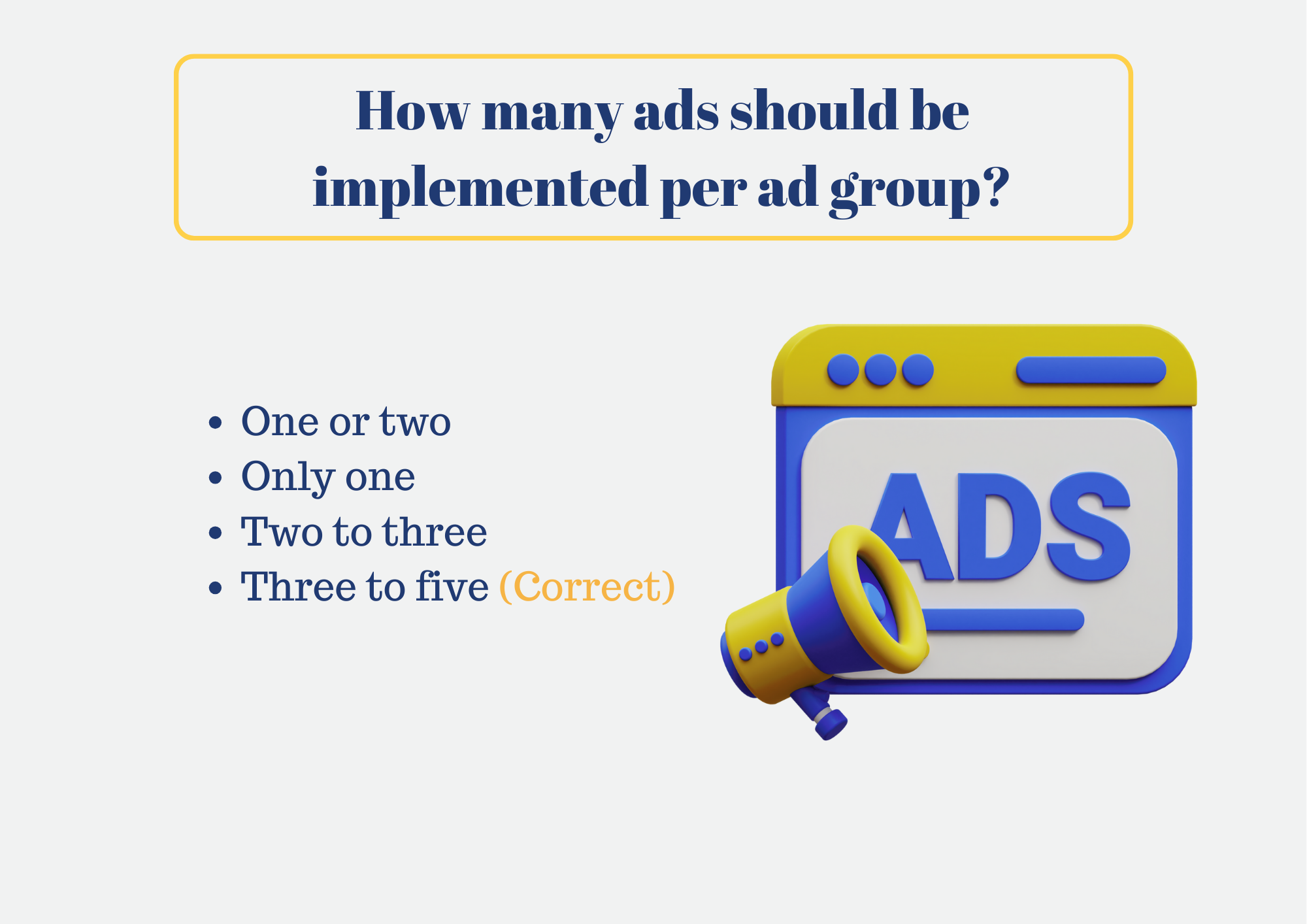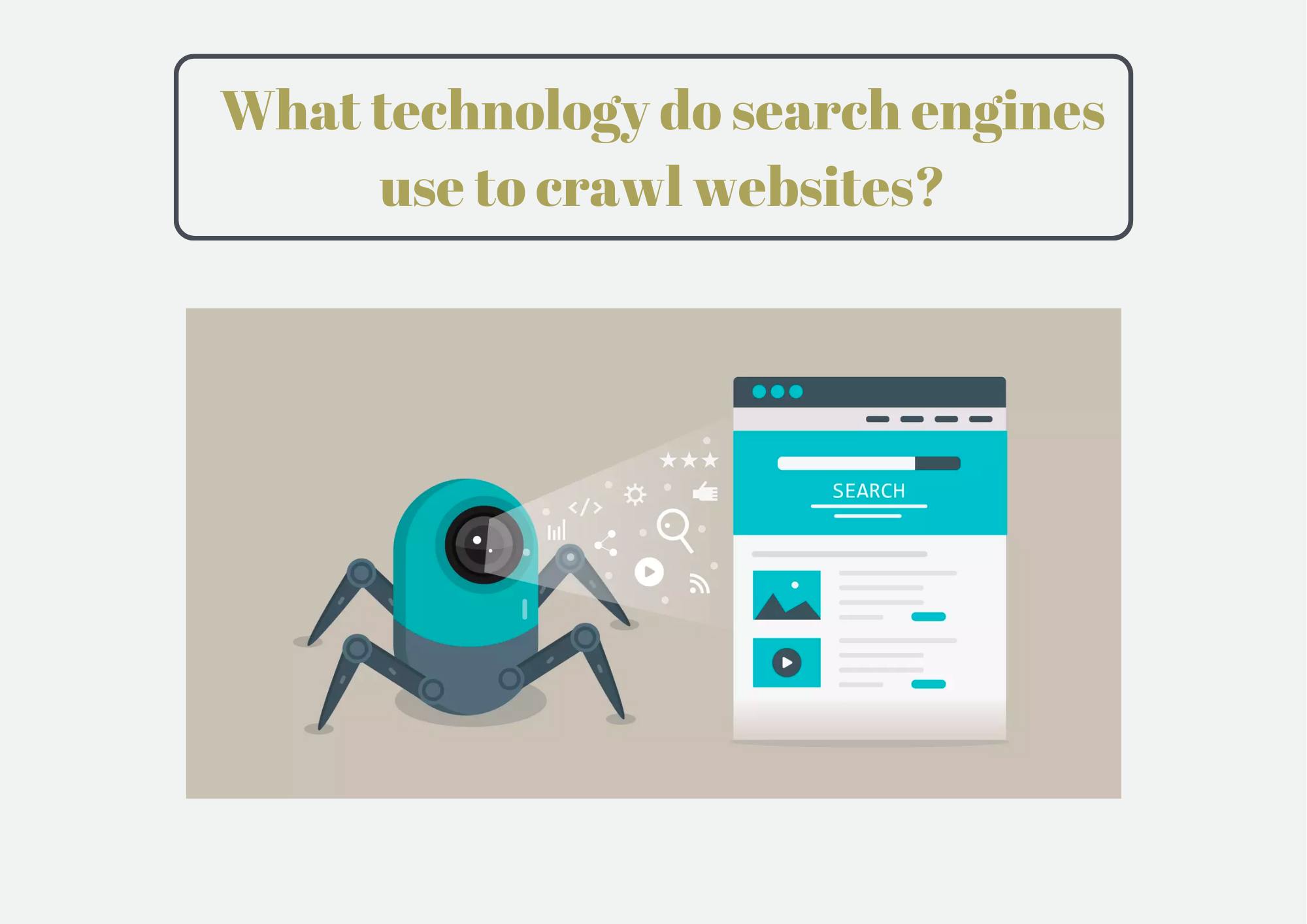
What technology do search engines use to crawl websites?
-
Androids
-
Interns
-
Automatons
-
Bots
The correct answer to the question “What technology do search engines use to crawl websites?” is Bots.
Search engines use bots, also known as spiders or crawlers, to systematically browse the web, indexing content to be retrieved and ranked for user queries. These automated programs are essential for discovering and scanning websites to gather information and update the search engine’s database, making web content searchable.
In the vast expanse of the internet, search engines play the crucial role of navigators, guiding users to the most relevant, informative content based on their queries. At the heart of this process lies web crawling, a fundamental technology enabling search engines to discover and index the billions of web pages available online. This article delves into the technologies that power web crawling, offering insights into how search engines like Google stay abreast of the ever-evolving web landscape. Also we will be delving into details on the big question “What technology do search engines use to crawl websites?”
Understanding Web Crawlers
Web crawlers, also known as spiders or bots, are the digital explorers of the internet. Employed by search engines, these automated programs systematically browse the web to find and index new and updated content. Their operations are foundational to creating a searchable index of the web, making your content discoverable to the world.
Key Technologies Behind Web Crawling
At the core of web crawling are sophisticated technologies and algorithms designed to prioritize, select, and visit web pages. These include:
- Distributed Crawling: A technique where multiple crawlers work in tandem to cover vast sections of the web efficiently.
- Politeness Algorithms: Ensuring crawlers do not overwhelm web servers by controlling request rates.
- Robots Exclusion Protocol (REP): A standard used by websites to communicate with web crawlers about which parts of a site should not be processed or indexed.
SEO Best Practices for Effective Web Crawling
To enhance your website’s crawlability and indexation, consider the following SEO best practices:
- Robots.txt Optimization: Use this file wisely to guide crawlers to your most important pages.
- Site Structure and Navigation: A clear, logical site structure helps crawlers understand and index your content more effectively.
- Mobile-Friendly Design: With mobile-first indexing, ensuring your site is mobile-friendly is crucial for effective crawling and indexing.
Key Takeaways
- Web crawling is essential for making content discoverable through search engines.
- The technology behind web crawling is complex, involving distributed systems, politeness protocols, and adherence to web standards.
- Optimizing your website for web crawlers can significantly enhance your site’s visibility and search engine ranking.
Our Verdict
Understanding and optimizing for the technology search engines use to crawl websites is a critical component of successful SEO strategy. By aligning your website with the needs and capabilities of web crawlers, you can ensure that your content reaches its intended audience, driving traffic and engagement.
Frequently Asked Questions
- What are search engine bots and how do they work?
- Search engine bots, also known as crawlers or spiders, are automated software programs that visit websites, read their content, and follow links to other pages on the site. Their primary function is to index website content so it can be displayed in search engine results.
- Which technologies are essential for search engine crawling?
- Key technologies include HTML and JavaScript parsing for content extraction, algorithms for determining crawl priority, and databases for storing indexed information. Additionally, technologies like XML sitemaps and robots.txt files are crucial for guiding and optimizing the crawl process.
- How can I make my website more crawlable for search engine bots?
- Ensuring your website is crawlable involves several strategies, including optimizing site structure, improving loading speed, using SEO-friendly URLs, creating an XML sitemap, and ensuring content is accessible without requiring user interaction.
- What is the difference between crawling and indexing?
- Crawling is the process by which search engines discover your web pages, while indexing is the process of adding those pages into a search engine’s database for future retrieval and ranking. Both are essential steps for your content to appear in search results.
- Can search engine bots crawl dynamic content generated by JavaScript?
- Yes, modern search engines like Google have improved their ability to crawl and index JavaScript-generated content. However, it’s important to ensure that critical content and navigation are accessible without relying solely on JavaScript, as some search engines or bots may still struggle with heavy JavaScript sites.
- How do search engines prioritize which pages to crawl?
- Search engines use algorithms to prioritize crawling, considering factors such as the freshness of content, page popularity (links from other sites), and the structure of the website. High-quality and frequently updated content is more likely to be crawled more often.
- What role do robots.txt files play in search engine crawling?
- The robots.txt file is a text file webmasters create to instruct search engine bots on how to crawl and index pages on their website. It can be used to prevent certain pages or sections of a site from being crawled to conserve crawl budget or protect sensitive information.
- How can I check if my website is being properly crawled by search engines?
- You can use tools like Google Search Console and Bing Webmaster Tools to monitor how search engines crawl and index your site. These tools provide insights into crawl errors, indexed pages, and how to improve your site’s visibility in search results.
- What is a crawl budget and why is it important?
- Crawl budget refers to the number of pages a search engine bot will crawl on your site within a certain timeframe. It’s important because it affects how quickly and thoroughly your site is indexed. Optimizing your site’s crawl efficiency can help ensure that search engines crawl and index as much of your site as possible.
- Can blocking search engine bots have a negative impact on my site?
- Yes, improperly blocking search engine bots from accessing your site or specific pages through the robots.txt file or noindex tags can prevent your content from appearing in search results, negatively impacting your site’s visibility and traffic.
